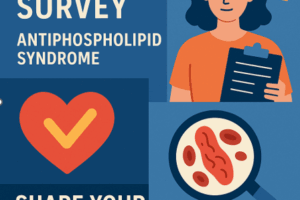If I learn that I have an inherited thrombophilia, what should I tell my family members?
Family members should be informed about both the thrombophilia in general and the specific condition (such as factor V Leiden or protein S deficiency). Family members who inherit the same genes may be at an increased risk of developing a DVT or PE. First-degree relatives (siblings, children, and parents) are at greater risk compared to extended family members (cousins, aunts, and uncles). Nevertheless, extended family members may benefit from this information as well. Family members should inform their healthcare providers of their potential for the inherited condition, and together they can decide whether testing is indicated.
It would be reasonable for family members who have had a blood clot in the past to be tested because the information might affect their treatment. For family members who have never developed a blood clot, testing should be done only after a discussion of what the information would mean for them.




